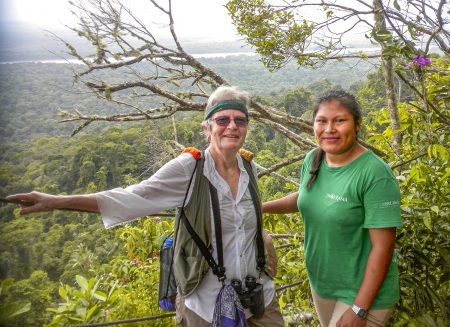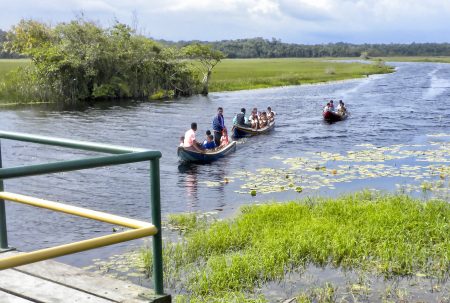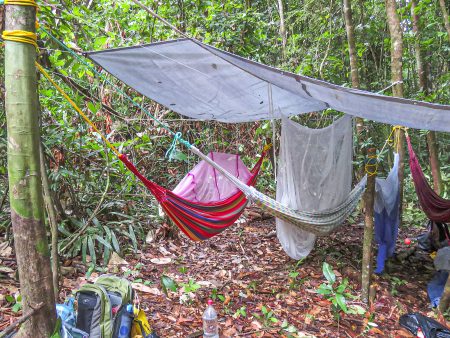Family, world travel, and an opportunity to build an energy-efficient home were factors that brought Merle Kindred to Michigan Tech in 1998 and sparked her journey as an author.
After she and her husband, Garfield, were awarded a grant through President Clinton’s Partnership for Advancing Technology in Housing, they decided the Upper Peninsula was the perfect place to build their energy-efficient home. They relocated their architectural firm from the Detroit area.
Within a year, Kindred applied to Tech for her PhD in Rhetoric and Technical Communication and was admitted in 2000. Her husband passed away shortly after.
During her time at Tech, Kindred taught various communications courses in the humanities department to help fund her PhD position. She was involved with such organizations as the Copper Country Habitat for Humanity, the American Solar Energy Society, and the Copper Country Peace Alliance—which was reinvigorated after 9/11, due in part from an essay published by Kindred in The Lode after the attacks.
Kindred’s original dissertation was focused on rhetorical strategies for disseminating information on renewable energy and architecture in an effort to share how communications can be used to inspire more energy-efficient building processes. A vacation to India after her fifth year at Tech changed the trajectory of her education and her future.
“I returned from my holiday and told my department chair to rip up my current proposal,” she said. “I was inspired to write from both the Eastern and Western perspectives.”
When Kindred heard about the work the Centre of Science and Technology for Rural Development (COSTFORD) was doing in India, she had a starting point for her own research. She traveled to Kerala, India, to study what local communities were doing with traditional materials and architectural processes, combined with modern technology. She completed her PhD in 2007.
Kindred continued her work in India and spent the next nine years doing pro bono consulting in business practices and communication strategies with COSTFORD.
Shortly after, Canada’s Cuso International had a six month posting in Guyana to work on a strategic plan. Kindred, a dual citizen of Canada and the U.S., again packed her bags. In addition to the work, Kindred spent time in Guyana learning about the country, doing fiber arts, and continuing her interest in tropical birds. After her first posting was completed, she prepared a placement description for another six months to serve as an ecological and economic advisor in Indigenous territories.
Her work in Guyana inspired her memoir, Gripped by Guyana: A Memoir of Purpose and Adventure. The entire process from writing to completion took around four and a half years. It was published in April 2023.
Kindred says that there is value in the book as a deep dive into a country that most people don’t even know exists unless they hear its pre-1966 colonial name: British Guiana. Now it is becoming increasingly important with ExxonMobil having discovered offshore oil.
“I’ve left myself very open and vulnerable through this memoir,” Kindred said. “I’ve shared both the things that worked, and the things that didn’t where I could have acted differently. I hope it gives readers an intimate look into urban life as well as Indigenous lifestyles in contrast to how we approach life in the West.”
Kindred was on a book tour in the Midwest, which included a visit to Michigan Tech where she connected with faculty members involved with international studies who could use the book as an additional reading resource for relevant courses.


